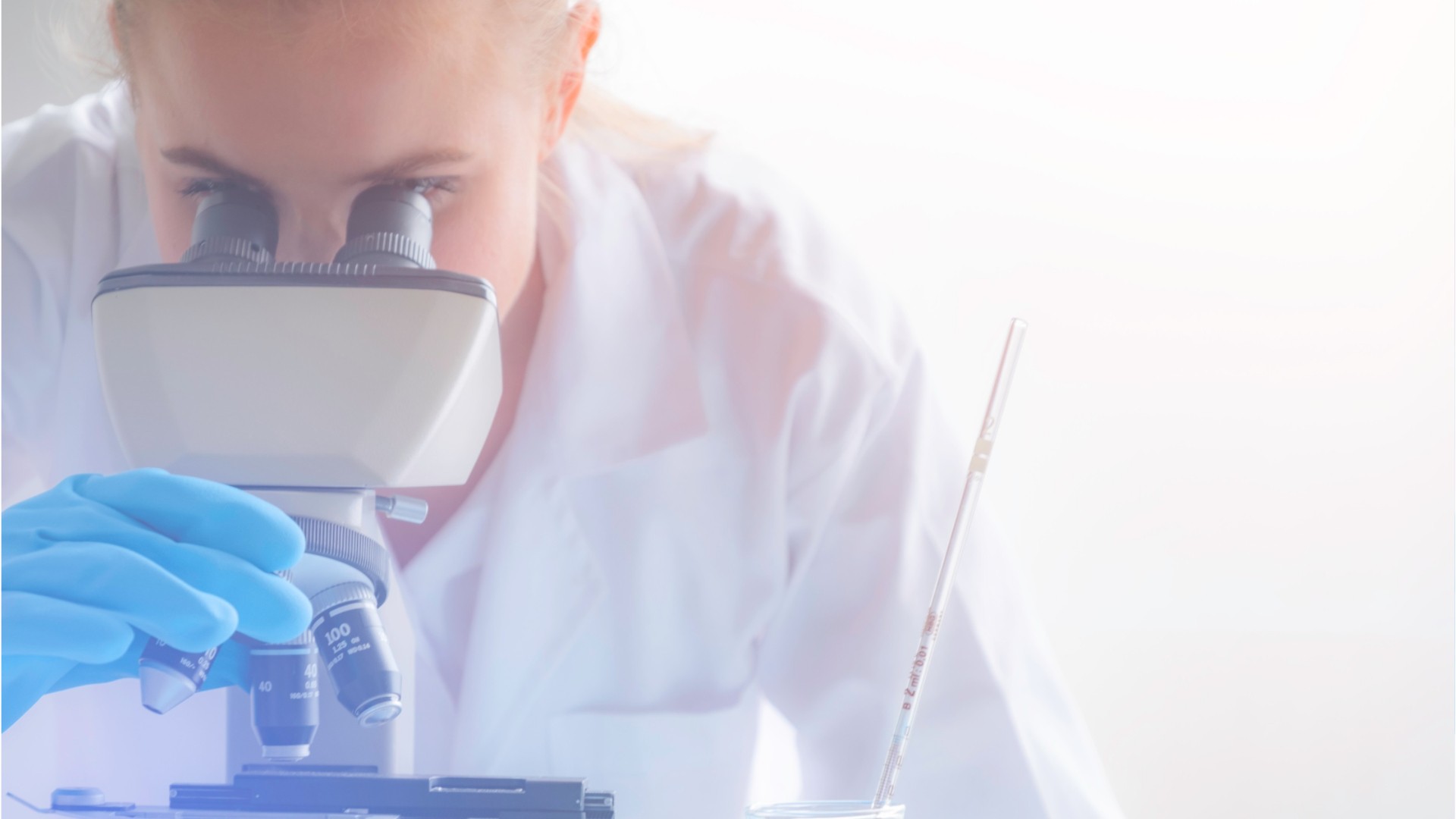Medical Scientists
Clinical Research Scientist, Research Scientist, Scientist, Study Director
What they do:
Conduct research dealing with the understanding of human diseases and the improvement of human health. Engage in clinical investigation, research and development, or other related activities.
On the job, you would:
- Follow strict safety procedures when handling toxic materials to avoid contamination.
- Evaluate effects of drugs, gases, pesticides, parasites, and microorganisms at various levels.
- Plan and direct studies to investigate human or animal disease, preventive methods, and treatments for disease.
Knowledge
Math and Science
- biology
- chemistry
Arts and Humanities
- English language
Health
- medicine and dentistry
Engineering and Technology
- computers and electronics
Skills
Basic Skills
- writing things for co-workers or customers
- figuring out how to use new ideas or things
Problem Solving
- noticing a problem and figuring out the best way to solve it
People and Technology Systems
- thinking about the pros and cons of different options and picking the best one
- figuring out how a system should work and how changes in the future will affect it
Abilities
Verbal
- communicate by speaking
- communicate by writing
Ideas and Logic
- make general rules or come up with answers from lots of detailed information
- group things in different ways
Math
- choose the right type of math to solve a problem
- add, subtract, multiply, or divide
Visual Understanding
- see hidden patterns
Personality
People interested in this work like activities that include ideas, thinking, and figuring things out.
They do well at jobs that need:
- Innovation
- Perseverance
- Achievement Orientation
- Intellectual Curiosity
- Cautiousness
- Integrity
Technology
You might use software like this on the job:
Analytical or scientific software
- IBM SPSS Statistics
- SAS
Presentation software
- Microsoft PowerPoint
Development environment software
- Microsoft Visual Basic
- National Instruments LabVIEW
Education
Education: (rated 5 of 5)
doctoral degree or
post-doctoral training
usually needed
post-doctoral training
usually needed
Job Outlook
Bright
New job opportunities are very likely in the future.
Explore More
- Biochemists & Biophysicists
- Geneticists
- Medical & Clinical Laboratory Technologists
- Microbiologists
- Physicians, Pathologists
You might like a career in one of these industries:
See more details at O*NET OnLine about Medical Scientists.





